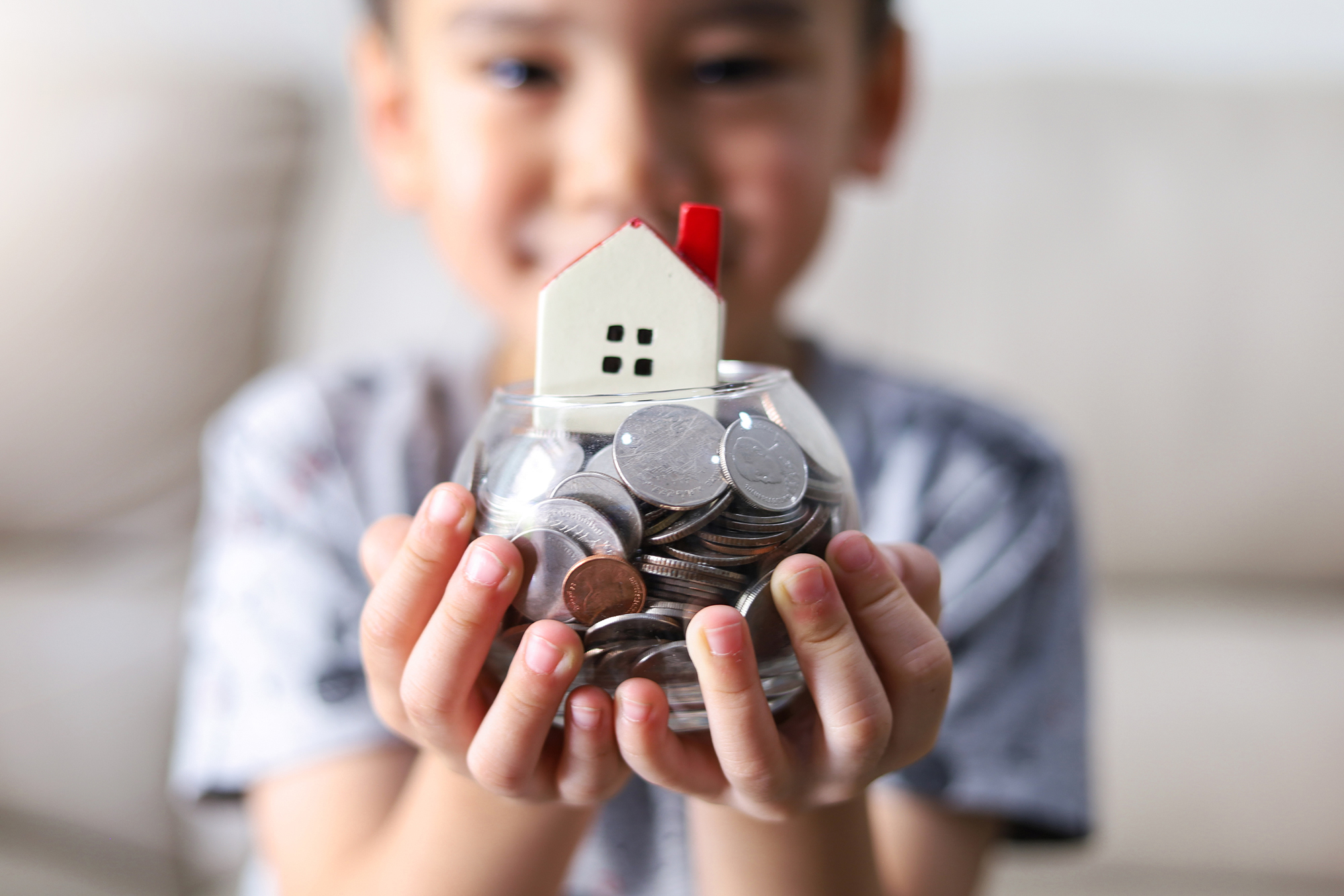How Much Down Payment Do You Need?
One of the biggest homebuying myths is that you must have a 20% down payment to buy a home. Although there are many benefits to a larger down payment, there are many cases where a smaller down payment may be the right choice for you.
Let’s take a look at the importance of down payments and how much you need to buy your dream home.
Understanding Down Payments
Down payments are what buyers pay upfront when they decide to purchase a new home. Your down payment is based on a percentage of the home purchase price. For example, a 10 percent down payment on a $400,000 home would be $40,000.
Down payments act as your initial contribution toward the purchase. It also serves to represent your true ownership stake in the property. In other words, your down payment protects you as the buyer. If you want to sell your home in the future, you should be able to break even or potentially make money when you sell – regardless of the state of the housing market.
Minimum Down Payment Requirements
According to the National Association of Realtors, the typical down payment has been no higher than 10% historically. And for first time homebuyers that number was even lower: a range of 6 to 7 percent since 2018.
Additionally, some loan programs like VA loans or FHA loans ask for even lower down payments (some as low as 0 percent). At Land Home Financial Services, Inc. we have a wide variety of loan programs to help, including our down payment assistance programs, some in the form of a grant that does not have to be repaid.
Benefits of Smaller Down Payments
The size of your down payment depends on many factors that are specific to you and your individual situation. Some benefits to a smaller down payment are:
- Won’t drain your savings
- Takes less time to save up for
- More fluidity in finances
When you purchase your home with a smaller down payment, you won’t have to worry about draining your savings account. That way, you’ll keep a financial cushion for emergencies and for building your savings back up more quickly.
Plus, the money you save initially can be applied to other expenses like moving, purchasing new furniture, or making repairs and upgrades to your new property. You could even invest the money you save elsewhere like a retirement account or mutual fund to earn higher interest.
A lower down payment could mean that you are able to buy a home sooner. Saving for a large down payment can take years before you are ready.
Benefits of Larger Down Payments
Putting more money down on your home has many benefits in both the short and long term. Let’s take a look at some of the pros of a larger down payment.
- Reduces total loan amount
- Can reduce mortgage insurance premiums
- Possibly qualify for a lower interest rate
- Gives you more equity in your home
- Gives your offer a competitive edge
First and foremost, because you paid so much initially, you need to borrow less. This means you’ll have smaller monthly mortgage payments and greater flexibility in your budget each month.
Secondly, paying 20 percent down means you may be able to avoid buying private mortgage insurance (PMI), which protects all parties involved if you default on your loan. Normally, you’d have to wait until you reached 20 percent equity in your home to avoid PMI payments.
Next, you may benefit from lower interest rates. Even a one or two percentage point decrease on your loan’s interest rate might save you thousands of dollars over the course of paying off your mortgage. And finally, you’ll be far more likely to win the competition against other potential buyers of the same property. Providing a larger down payment will give the seller and their realtor more confidence in your offer. This is critical if your area is in a particularly hot housing market.
Figuring Out Your Down Payment
The ideal down payment depends entirely on your specific financial situation and goals. It is important to figure out what is best for you and your family. Purchasing a home should create a positive effect on your financial situation, not add more stress.
No matter how much you decide to put down, make sure you still have plenty of cash on hand to cover closing costs. You also want to be sure to have enough money to pay for any repairs or maintenance the home may need. Plus, having money set aside for emergencies is always a good idea.
Once you decide on a figure that works for your budget, you’re ready to find a home that fits your unique financial situation.
Partner with an Expert Lender
At Land Home Financial Services, Inc., we love helping people achieve their dream of homeownership. We have many different loan programs to fit your individual needs, including down payment assistance programs. Our pledge is to help you feel confident and comfortable while navigating the variety of options available to you. We have been helping homeowners since 1988 and have built our reputation on knowledge, commitment, and trust.
For more information on how to get started or to speak with a qualified Loan Officer, contact us today!
Recent Posts
HOME OWNERSHIP TIPS
Homebuying – where to start?
September 16, 2022
 Your first steps to buying a home. So, you’re ready to buy a home, but you’re not sure what to do first? Buying a home…
Your first steps to buying a home. So, you’re ready to buy a home, but you’re not sure what to do first? Buying a home…
HOME OWNERSHIP TIPS
Mortgage terminology – do you know the lingo?
September 16, 2022
 If you are buying or refinancing a home, your loan officer or real estate agent may be using some words that you are unfamiliar with.…
If you are buying or refinancing a home, your loan officer or real estate agent may be using some words that you are unfamiliar with.…
203K
How Much Home Can You Afford?
September 16, 2022
 Knowing what you can realistically afford is an important first step to buying a home. One of the mistakes people commonly make when home searching…
Knowing what you can realistically afford is an important first step to buying a home. One of the mistakes people commonly make when home searching…
